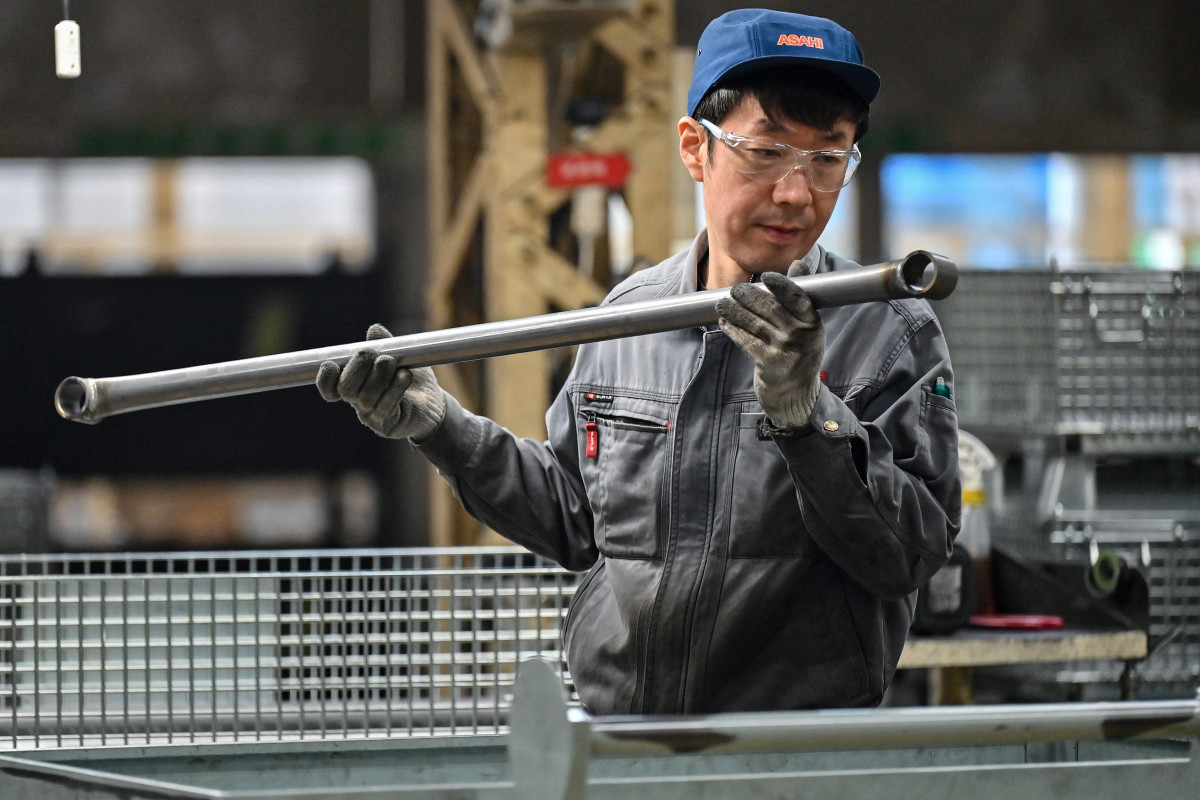The Tariff Tango

In a rare show of unity, a wide coalition within the auto industry is sounding alarms over the potential repercussions of new tariffs on auto parts. This group, which includes both domestic and foreign automakers, parts suppliers, and auto dealers, is warning that these tariffs could spell disaster for the industry and those whose livelihoods depend on it. The advocated concerns highlight how tariffs could disrupt the intricate global supply chains that form the backbone of car production, potentially leading to production halts, job losses, and instability for essential suppliers.
A Widespread Warning

Crucial voices within the industry contend that most auto suppliers aren’t equipped financially to withstand an abrupt upheaval triggered by tariffs. The failure of just one key supplier can halt an automaker’s production line, a reality painfully experienced during the pandemic. The ramifications extend beyond the immediate, as supply chain interruptions could lead to job losses and affect the wider network of suppliers.
A Chain Reaction
This joint statement represents a united front from various sectors of the auto industry that collectively support around 10 million American jobs and contribute $1.2 trillion annually to the economy. These groups emphasize that tariffs on auto parts could wreak havoc by inflating auto prices, reducing sales at dealerships, and hiking costs for vehicle repairs and servicing.
Who’s Speaking Out?
Key trade groups leading the charge against the tariffs include the Alliance for Automotive Innovation, the American Automotive Policy Council, and Autos Drive America, among others. Together, they represent major players such as Ford, General Motors, and Stellantis, emphasizing the broad consensus against the tariffs.
Economic Reality
President Trump’s proclamation imposes a 25% tariff on cars imported from abroad, extending to essential parts like engines and transmissions. While there is some discussion of easing these tariffs, especially for companies transitioning to supply chains in Canada and Mexico, industry representatives argue that such shifts cannot occur overnight.
The Center for Automotive Research has projected that tariffs could result in an additional $5,000 cost for import parts on each U.S.-made car and approximately $8,600 on imported cars. These additional costs could raise production expenses for major U.S. automakers by more than $107.7 billion over time.
Future Uncertainty
These economic pressures place the future of the American car industry at a crossroads. Increasing costs and complex supply chain dynamics could stifle innovation, sidelining the quirky and experimental vehicles enthusiasts cherish. The industry must navigate these challenges to continue fostering the creativity that has defined the automotive landscape. Reflecting on these developments, it seems clear that the path forward will require thoughtful adaptation and resilience from all stakeholders.
Ford's Game-Changing EV Battery
China's Audi E5 Unveiled
Harley Boost Ahead?
Nissan Goes Electric
Chery Unveils Himla